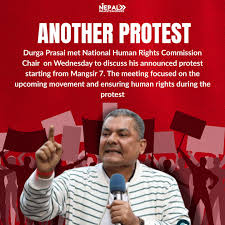
By Our Reporter
Following the joyful celebration of festivities, the general mood in the nation has grown apprehensive. Just before the beginning of the festivals, the nation went through a tense and restless phase. Now, the same fear seems to have returned as all are fearful that the coming days will see the chaos again as several parties have announced to organize different protests. From activist Durga Prasai to NCP’s Biplav have announced to organize street protests and general strikes, creating a sense of fear among people.
Meanwhile, the Sushila Karki government has appeared to be distracted and complacent. It took the government almost six weeks simply to agree on the names of some ministers. With barely four and half months left for the government to remain in office, the top priority of the government is to conduct the parliament election on March 5. Also, it must help conduct a neutral inquiry into the violence and rampage of September 8-9.
The Gen Z youths rage was against misrule and corruption. The same movement also targeted the politicization of state institutions. However, one and a half months after assuming power by the current government, neither governance nor politics of the nation has been better.
For examples, it seems that the Electricity Authority under the current government appears to bring industries to their knees over electricity tariffs. Some of the ambassadors were recalled because of their political appointments. The irony lies that the present ministers themselves are not party-less.
It is often said that the Prime Minister herself was previously promoted to the level of a judge on the recommendation of a political party. Among top ministers in her cabinet were erstwhile members of the Nepali Congress or the Communist Party of Nepal. This paradox cannot remain hidden from public.
The Karki government squandered almost as much time simply appointing four ministers. The March 5 election should be its singular top priority. The rest, though secondary, are significant. The public, particularly the young people, desire a strong and autonomous anti-graft agency with more capability and experts. That has not materialized. A goal-driven and proper inquiry into the September violence is also necessary. The youths who toppled previous government would be looking for this to happen soon.
The CPN-UML has already discredited the Gauri Bahadur Karki Commission. UML Chair KP Sharma Oli has declared that the commission report would be unacceptable to his party.
In the meantime, new demonstrations and movements, which are likely to take place soon after festival period is over, would put peace and order at risk. The Gen Z youths are divided, as is the political leaders. The announcement of new protests appear to be motivated by desire for power for some, a need to instill fear and chaos.
Nonetheless, power-sharing again appears to be a major agenda among individuals who were a part of brining Gen Z government at helm. There are two group of youths who made the Gen Z protest a grand success. There is one set of youths who have demanded justice for martyrs of September 8, and another set who are getting ahead in the ladder of power. Both sets of youths have mounted pressure on the current government. Such pressure will test the Karki government and ministers, who cannot let Gen Z youths agenda of establishing a honest and corruption-free government.





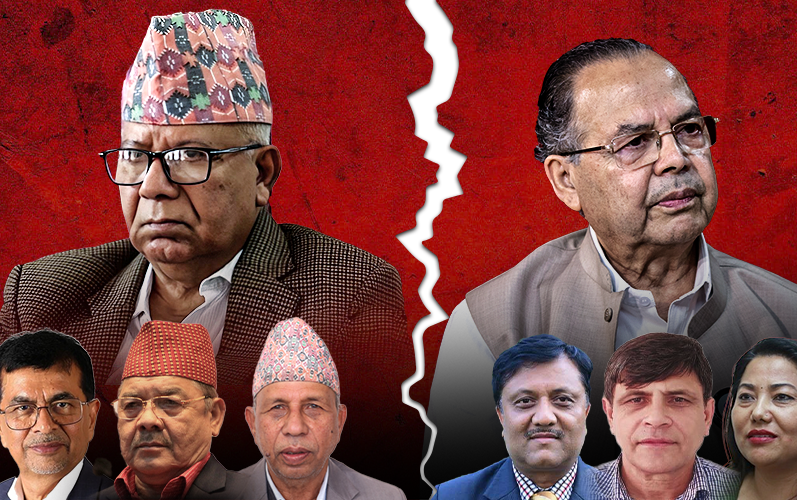
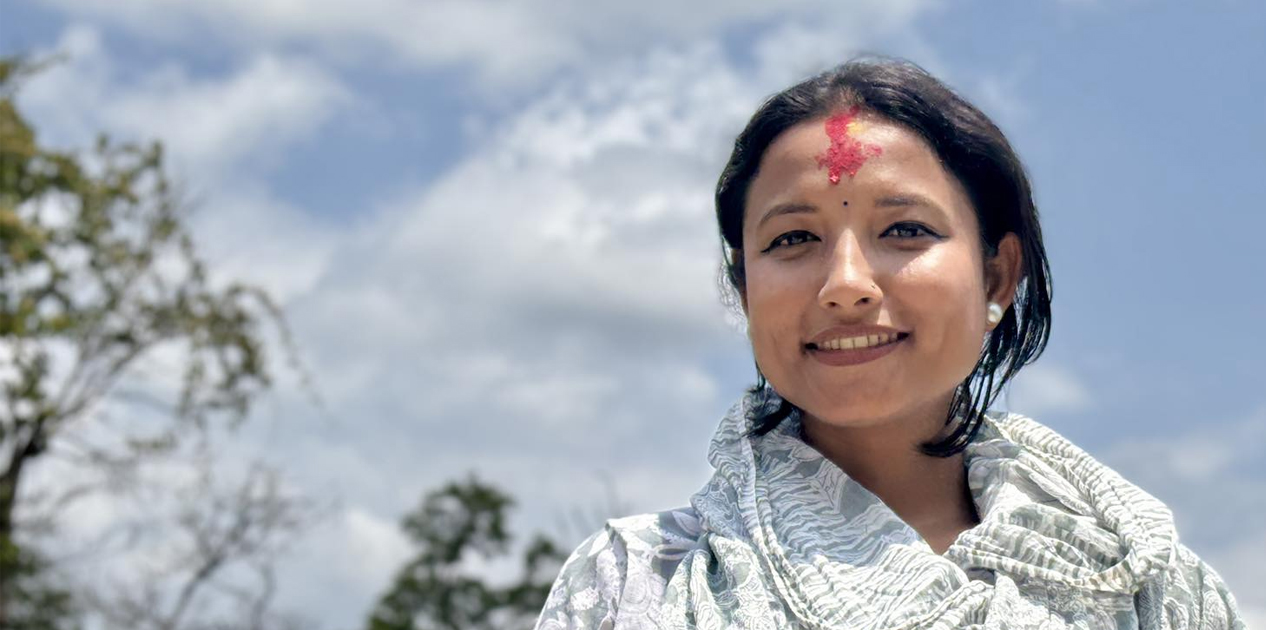

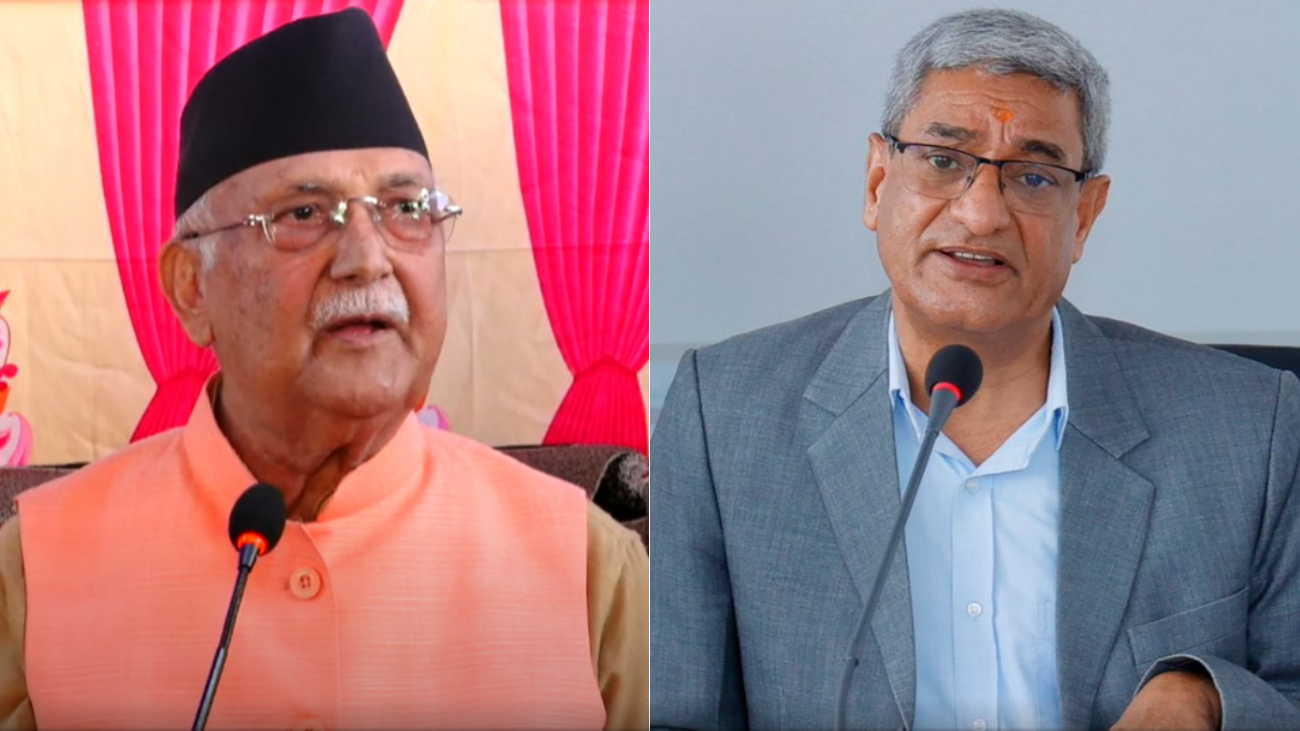

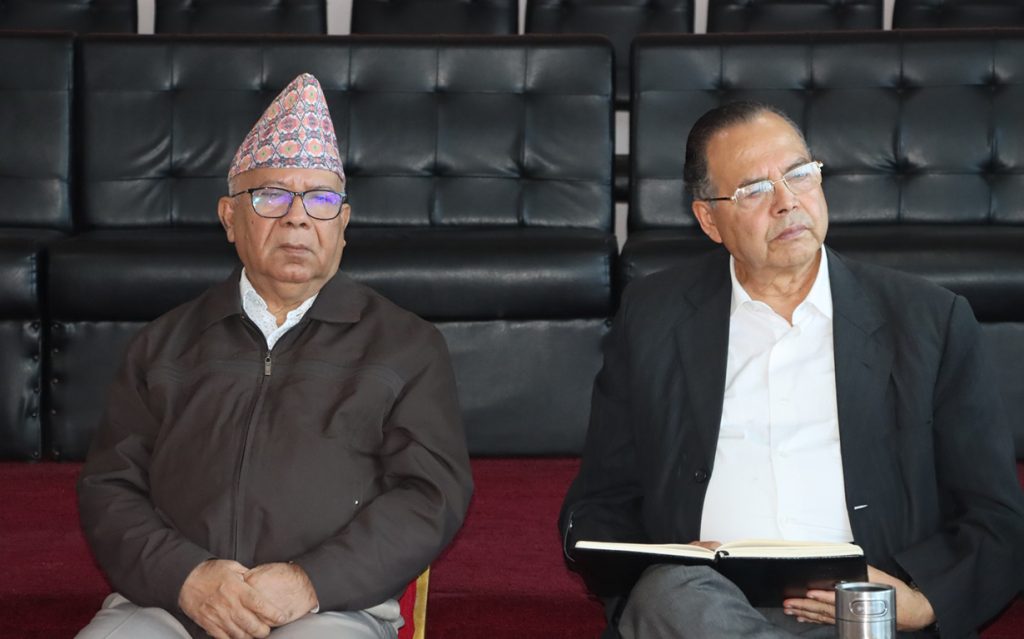

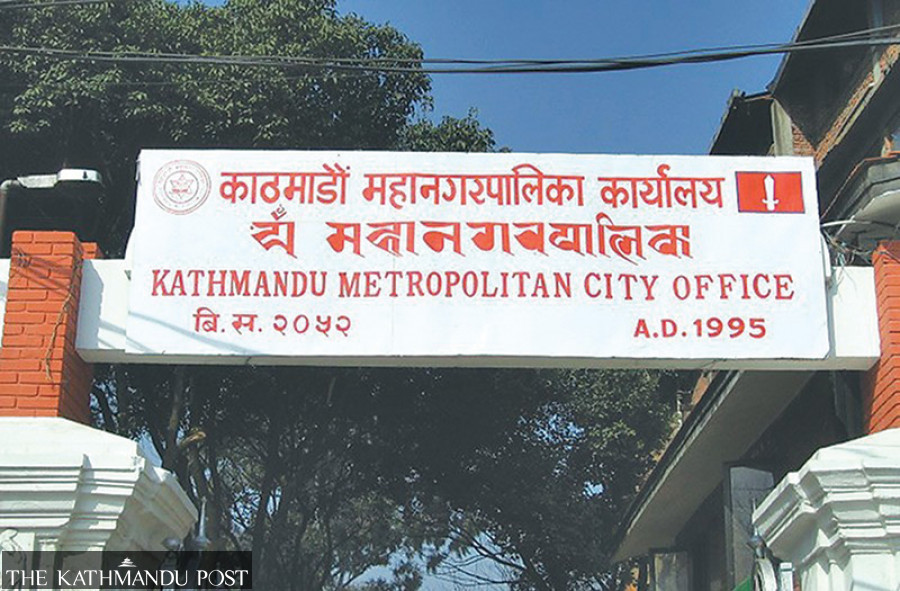


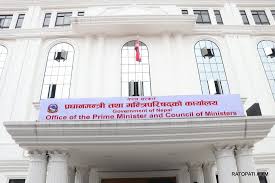

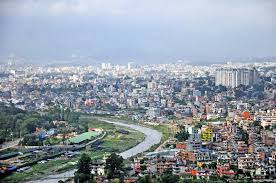

Comments:
Leave a Reply